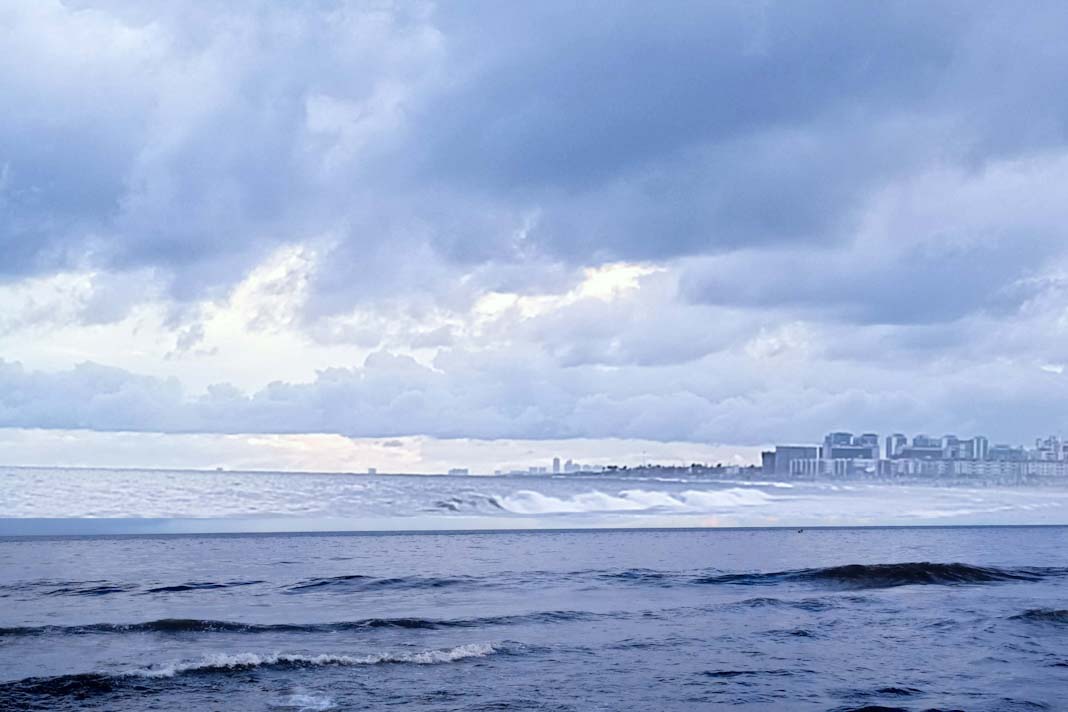The Australasian Marine Pilot Institute (AMPI) has released a position paper on engine power limiters, presenting key recommendations to ensure compliance and maneuverability, reports Safety4sea.
Pilot associations and port authorities
As explained, pilot associations and port authorities worldwide are expressing concerns about engine power limiters installed on ships to reduce greenhouse gas emissions. These limiters, installed to meet the Energy Efficiency Ship Index (EEXI) and Carbon Intensity Indicator (CII) requirements, can be software-based, mechanical, or electronic.
The installation of Shaft Power or Engine Power Limitation (SHaPoLi/EPL) systems is intended to reduce emissions but may hinder ship maneuverability, especially in complex pilotage waters where full engine power is crucial for safety. There are three main types of engine power limitations:
- permanent de-rating
- load programs
- overridable power limitation systems (OPL).
OPLs allow for compliance with EEXI requirements but can be overridden when needed, such as in pilotage waters. The main engine needs to respond immediately to full power commands during maneuvering.
Key recommendations by AMPI:
- To comply with IMO Resolution A.601 (15) Provision and Display of Manoeuvring Information Onboard Ships, “Manoeuvring information should be amended after modification or conversion of the ship which may alter its maneuvering characteristics or extreme dimensions,” and provide up-to-date information on their engine maneuvering characteristics and provide such details to the pilot upon boarding and/or in pre-arrival notifications to the port authority.
- The Pilot card should identify if a power limiter is engaged, the time required for overriding the power limitation systems, and the ship’s maximum power (both with and without the limiter applied).
- Masters, Officers, and Engineers should be trained in the use of the override function of engine power limiters onboard their ships and understand that the override may be required in pilotage waters.
- Masters should proactively inform the pilot of any engine power limitations.
- Port Authorities and/or pilotage service providers are recommended to update their pre-arrival information forms and MPIX forms to include some, or all, of the following questions:
- Can the Main Engine/s attain the posted maneuvering power (RPMs) without delay?
- Does the ship have any EEXI/EEDI Engine Power Limitations for maneuvering?
- Are you familiar with the override feature for your Engine Power limit (if fitted)?
- If a ship’s maneuverability is significantly compromised, Harbour Masters, Marine Pilots, and Port Authorities may apply extra control measures, including additional escort or harbor towage, tidal and timing restrictions, and in some cases, rejection of the ship as unsuitable for pilotage.
Did you subscribe to our daily Newsletter?
It’s Free! Click here to Subscribe
Source: Safety4sea



















